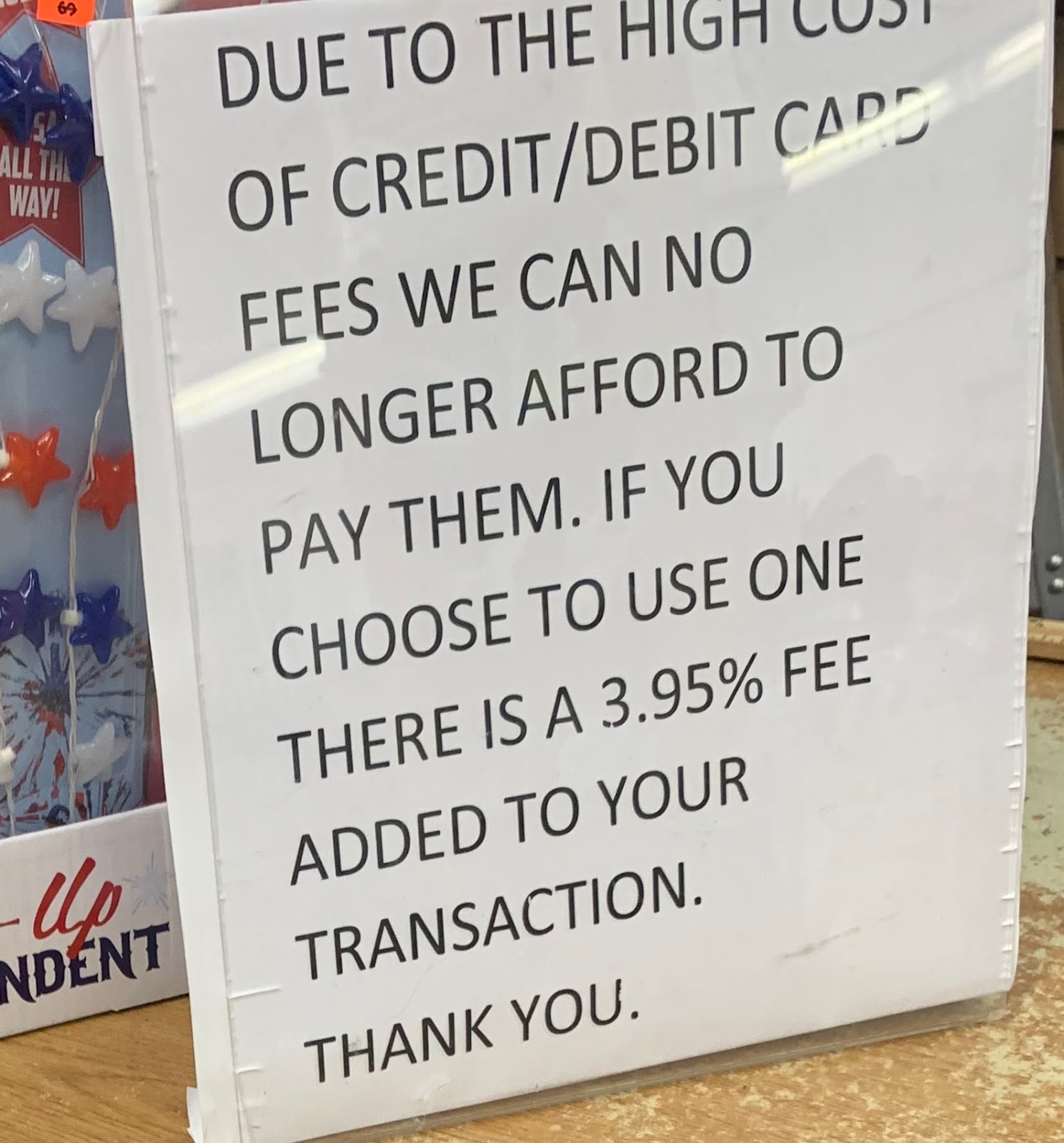Great investing is generally about taking on the right risks and being compensated properly for risks taken. It is primarily NOT about out trading other investors.
This is a sister post to Does Active Investing Work in Theory? exploring the two types of active management: alpha seeking and risk-adjusted return matching. The former is the sexy one; for almost all of us the latter is the realistic one.
Let's make sure when we say "alpha" we all agree on what we are talking about. The term alpha generally means some version of outperformance. Imagine two runners in a 400m race where one finishes half a second ahead of the other. The faster finisher could be said to have .5 seconds of alpha over the opponent. But that is a bit too simplistic. In investing we usually want to know if any apparent outperformance is actually truly outperformance once we consider any inherent differences between competitors including adjusting for risk taken.
In a fair race there shouldn't be inherent differences in the playing field so to speak. The runners are on the same track travelling at the same time. For investors we don't get such clean, simple comparisons. Even for our runners on an elliptical track the runner on the inside ring will have to start a bit behind the other runner so as to compensate for the less distance of the inner track lane and so the finish line can be a straight line across the track.
What about risk taken? Pushing the analogy consider if one of the runners was using performance-enhancing drugs. This could be in one of two varieties. In one case they could be banned substances that if caught he would be disqualified. An outside gambler betting on him was taking a greater risk than perhaps he intended. In the other case they could be allowed substances but that have dangerous potential side effects. His risk now is that he runs the race (maybe winning and maybe not) and then suffers a bad health outcome.
Back to investing, we ideally want to compare the performance of two investors isolating just the set of factors inherent in their investment "skill". I put skill in quotes because we never can be quite sure we are seeing skill or luck or that we have forgotten about an important difference we would have intended to adjust away.
Most of the time in investing it is risk in its many forms that we want to adjust for. As an example, if I tell you I am a great investor because I have substantially outperformed my S&P 500 benchmark for the past 5 years, you might not be so impressed if I then reveal that it is because my only investment has been the single stock Apple, Inc. Sure, I outperformed in total return, but I took WAY more risk to do so. If that risk adjustment isn't made, we can't say much about this so-called outperformance.
There are other adjustments to consider like if an investor has been using inside information to facilitate his outperformance. The fact that this unethical practice might not be repeatable should make us doubt that this outperformance is replicable. At some point we would have to consider if the inside information advantage was just a different version of luck.
Alpha seeking in active management is an attempt to outperform the competition, be it other investors or a benchmark index, adjusted for risk. How is this such a daunting task? Don't we hear about great investors all the time doing exactly this? Actually we do not. We hear about some investors' performances when they happen to be outperforming and often that is not true outperformance because they are not risk adjusted. But there is more to say about how difficult this is.
The capital markets (stocks, bonds, etc.) are very efficient markets primarily because they are very thick markets (i.e., there are lots of people participating in them). This is helped by the fact that they are very lucrative to those who perform well in them. The idea that some investors will outperform is a near certainty. The idea that that investor is you or someone you pick to follow is highly unlikely.
Public capital markets are a ruthless machine viciously and constantly seeking to eliminate any advantage an investor may possess. The more brilliant your new method of discovering and unlocking outperformance, the more quickly and decisively the market will absorb it away from you. And in those cases where apparent persistence in outperformance exists, the more likely a hidden risk difference has yet to be understood.
For active management the sooner one gives up on alpha the happier and more financially successful one will likely be. Instead of trying to outperform adjusted for risk, try to just keep up by taking the right risks.
A human investor's benchmark isn't a stock index or a bond index or some combination of the two. It is the realistic financial goals they are trying to achieve. These are some combination of consuming well today and being able to consume well tomorrow and for the rest of one's life. For most of us this includes more than ourselves--primarily our family and somewhat our friends and our charitable desires.
Our investment portfolios must be constructed initially and revised regularly to be appropriate for achieving these goals successfully. This is intentionally vague since it isn't something we easily know even for ourselves much less specifically for others. What we can say is that broadly diversified, low-fee investment into marketable securities should help our cause in most cases.
Hence, the active management of financial assets that I believe desirable for most all investors is simply risk-adjusted return matching. Try to get the market's return adjusted for the risk you want and need to take. Notice two important nuances in that last sentence: the market is more than the stock market and I am framing risk not as something to avoid but rather as something to embrace appropriately. Risk negation isn't a thing. Risk tradeoff is. You are taking and will take risk. PERIOD.
What risks to take more of and what risks to take less of is the essence of good investing. Being well diversified into low-fee index funds takes care of some of the typical risk factors like concentration risk, market risk, and credit risk, but others persist beyond that first step. In most cases one needs to also consider liquidity risk (being able to use one's financial assets when one needs to), inflation risk (maintaining purchasing power), wipe-out risk (losing so much one is permanently set back to a lower standard of living or truly financially wiped out), bad-discipline risk (letting emotion drive decisions that thwart the long-term plan; this could be the more obvious bailing out at the worst possible moment but also the less obvious overexposure due to complacency or exuberance), and mismatch risk (having an investment portfolio poorly constructed to fit with an investor's specific investment horizon and objectives). These risks push in different directions at different times and with different magnitudes. Active management is a fluid process of balancing and rebalancing risk tradeoffs.
Successful active management is difficult enough before attempting to then add alpha to the objective set. Notice also that attempts at alpha generation might certainly interfere both intentionally and unintentionally with risk management since taking on different risk profiles is both a means and an effect of reaching for alpha.
Leave it up to the professionals to try to generate alpha. You are too smart to lose money they way they do.







































